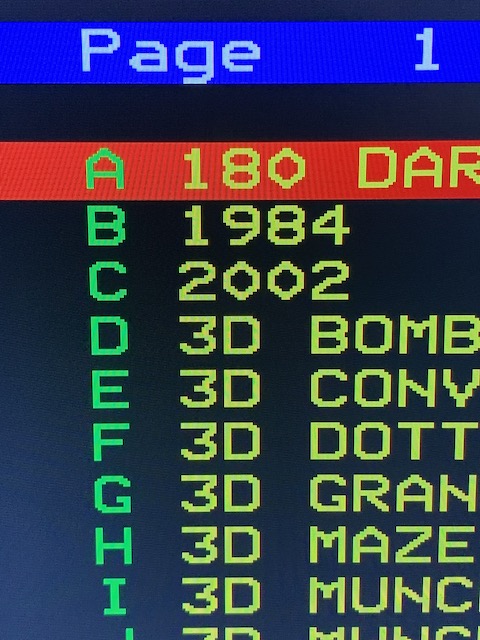A while ago I purchased an RGBtoHDMI adapter from ‘retro_tinkering’ on eBay for my Acorn BBC-B, BBC Master and Electron computers.
The RGBtoHDMI adapter is an amazing Open Source project; it samples the “old” video output of your computer and converts it into super crisp HDMI output for your modern TV or monitor.
First impression
The “12-bit” board came with an adapter for the Acorn computer RGB output, as well as a professionally produced case to hold the adapter.
Assembling the hardware
I used a Raspberry Pi Zero v1.3. After soldering on the header pins, I inserted it into the case. The MicroSD card will be installed later.
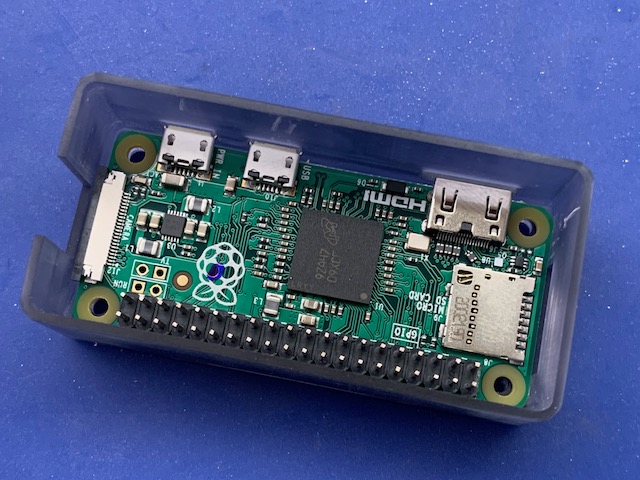
Next, connect the RGB adapter cable to the RGBtoHDMI board:
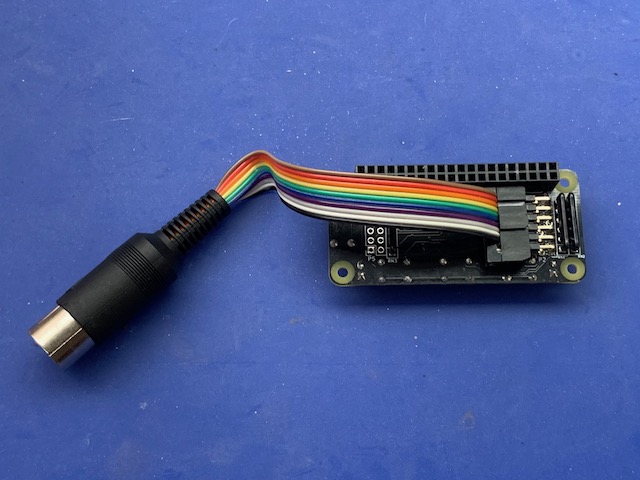
And install the RGBtoHDMI board on top of the Pi Zero:
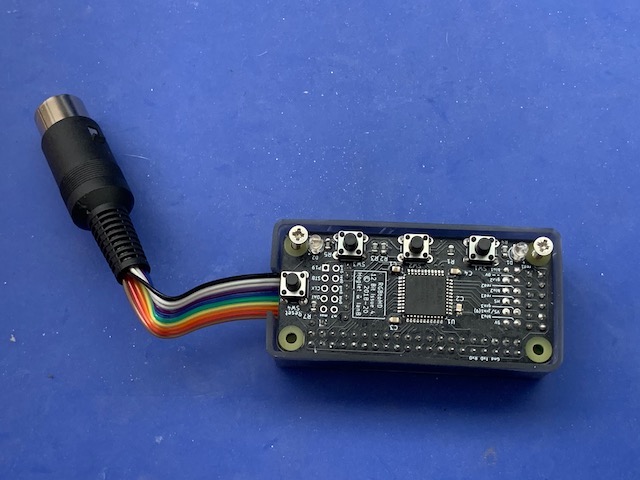
Finished product:
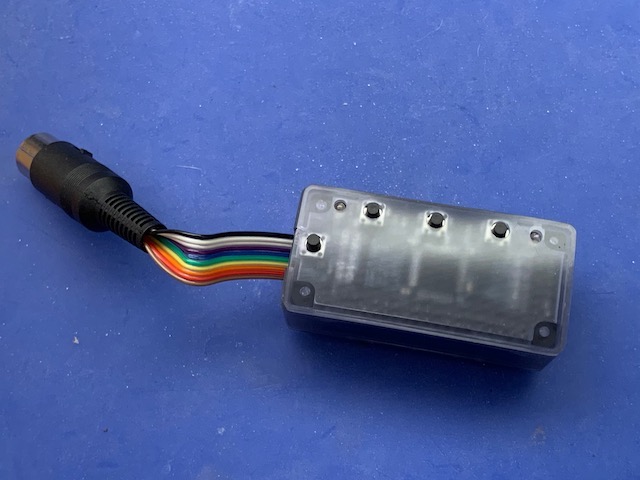
Installing the software
The RGBtoHDMI software runs on “bare metal”, so there is no need for an operating system.
Go to the latest release, scroll down to “Assets” and download the ZIP-file (I’m running RGBtoHDMI_20230517_eb620884.zip).
Unpack the ZIP-file and copy all files to a freshly FAT32-formatted MicroSD card. Install the card into the RGBtoHDMI adapter - and you’re done.
Using the adapter
NOTE: The RGBtoHDMI adapter is powered from the RGB connector on your computer - do not connect a USB power supply!
Connect the RGB connector to the BBC, connect the RGBtoHDMI adapter to your monitor (using a mini-HDMI to HDMI cable). Switch your monitor to HDMI input, and power on your Acorn Electron or BBC (Master). The adapter should power up (green LEDs), and after a brief wait you should see a menu overlay.
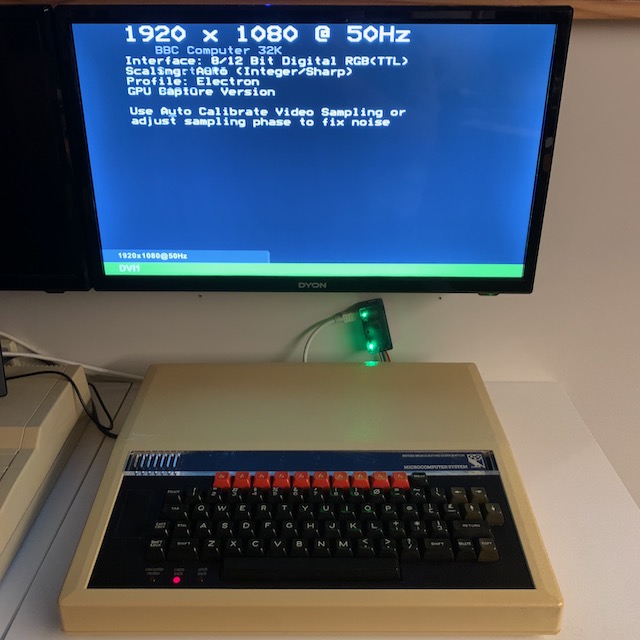
I used automatic calibration, and the result was great. Super crisp, pixel-perfect HDMI output from my BBC micro. Here’s a photo of the LCD monitor:
